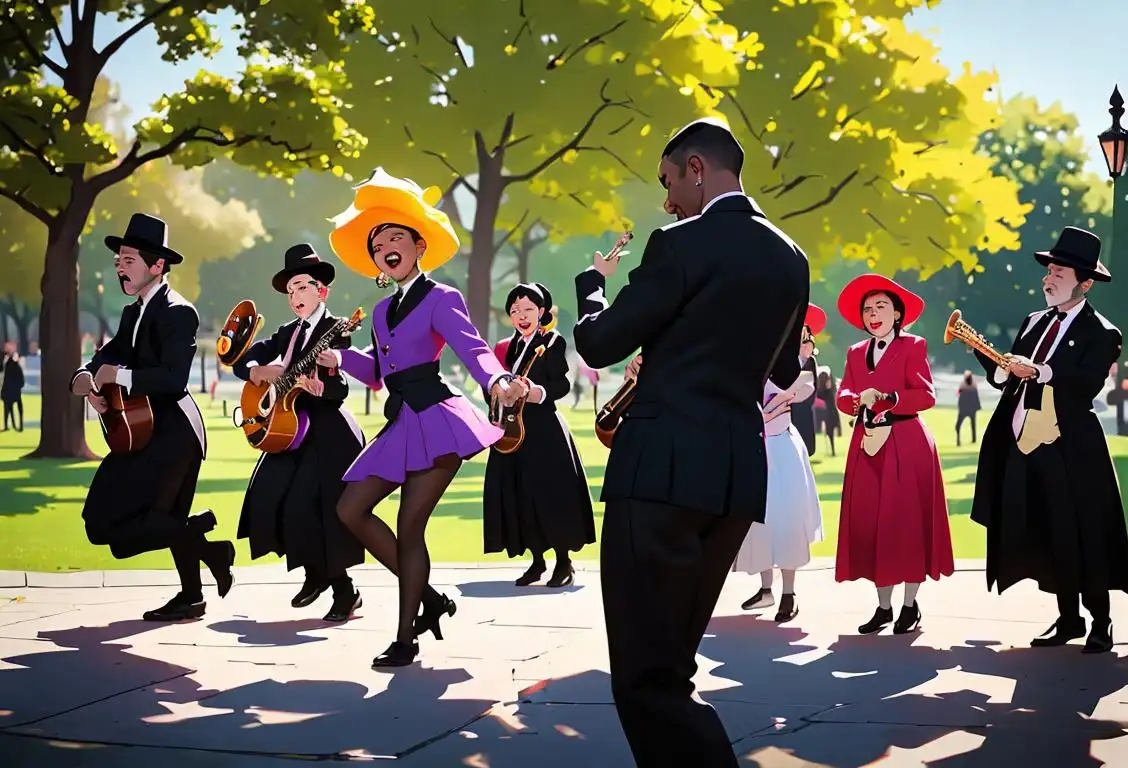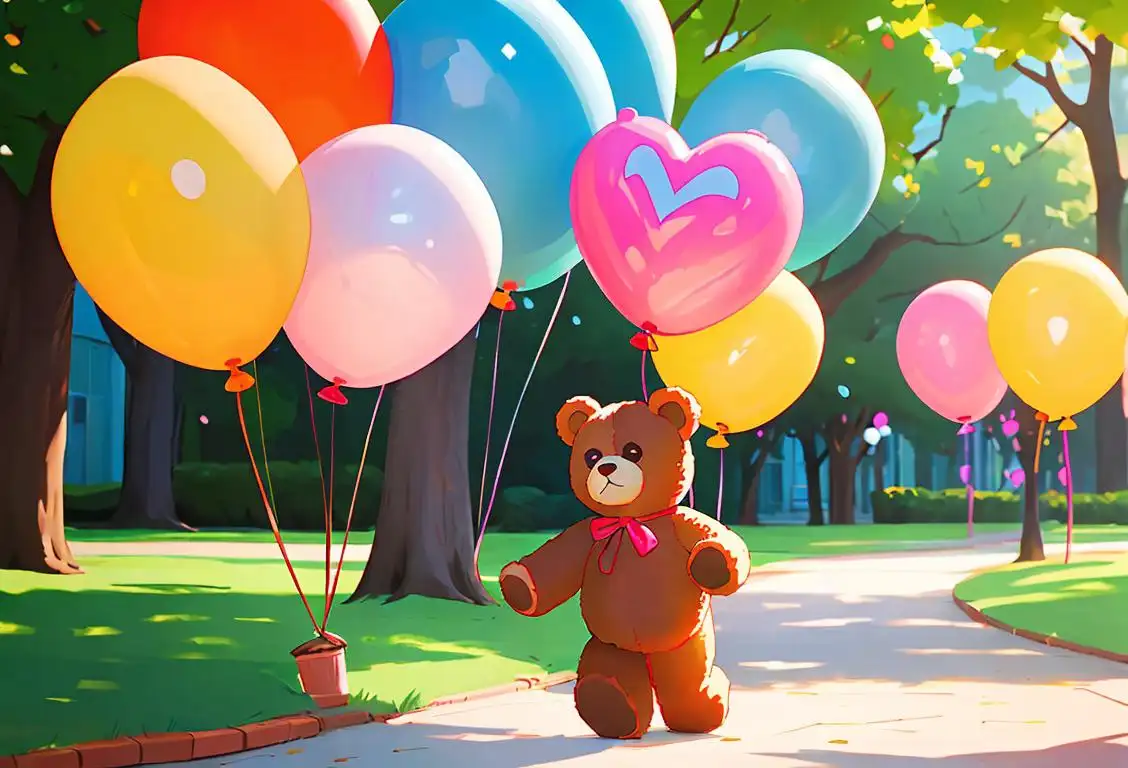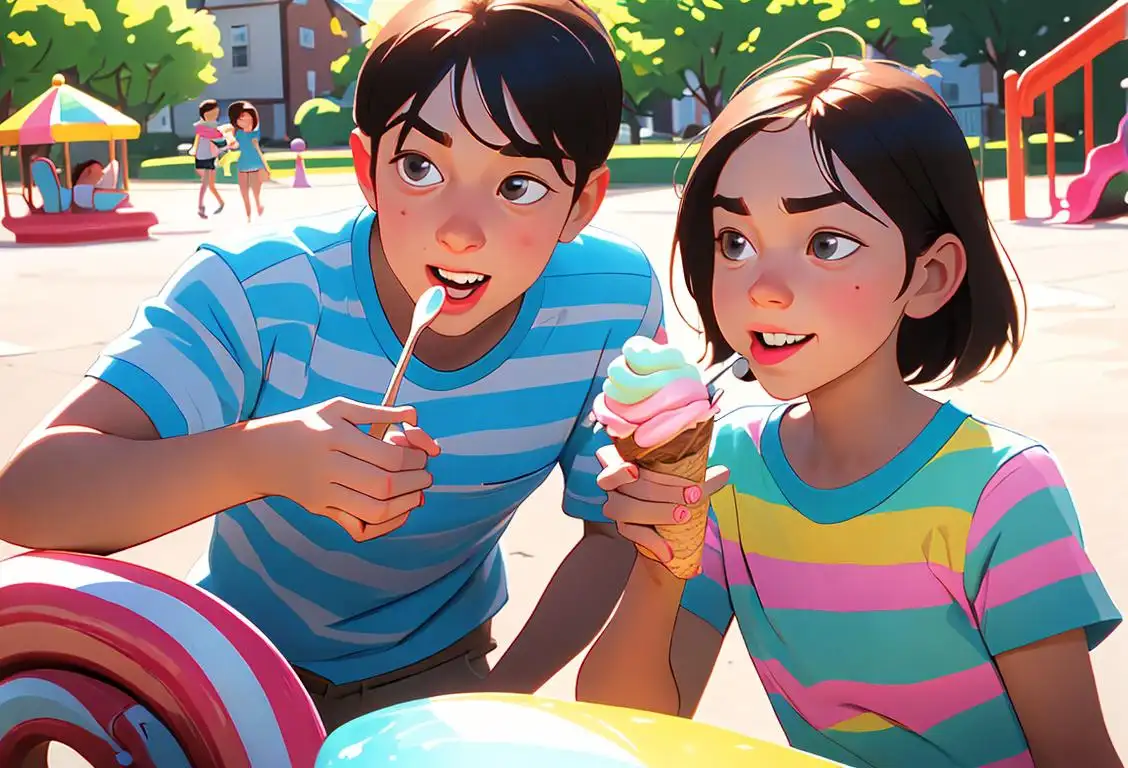National Funeral Day

Are you ready to put the 'fun' back into 'funeral'? That's right, it's National Funeral Day! While it may sound like an oxymoron, this day is actually a time to celebrate and remember our loved ones in a lighthearted and uplifting way. Join us as we dive into the history and traditions of this unique national day.
When is Funeral Day?
It's national funeral day on the 21st March.
The Internet Origins of National Funeral Day
Internet folklore suggests that National Funeral Day originated when a group of friends decided to honor the passing of a beloved pet by organizing a whimsical funeral procession. Word of their unusual but heartwarming tribute spread like wildfire on social media, leading others to follow suit and create their own festive funerals.
As the trend gained popularity, National Funeral Day was born as a way to encourage people to celebrate the lives of their departed loved ones with joy and laughter instead of sorrow. It's a day to remember the happy memories, share funny stories, and brighten the spirits of those left behind.
How to Celebrate National Funeral Day
Celebrating National Funeral Day doesn't mean you have to plan a full-scale production complete with a marching band and fireworks (although, kudos if you can pull that off!). Instead, it's all about finding meaningful and creative ways to honor the memory of your loved ones.
Consider gathering friends and family for a 'Celebration of Life' party where you can reminisce about funny moments and share heartwarming stories. You could also organize a 'Memories with Music' event, where everyone gets to dance to the favorite tunes of the person you're remembering.
If you're feeling adventurous, why not host a 'Life Well Lived' scavenger hunt? Create a list of items or experiences that were significant to your loved one and have teams compete to find or recreate them. It's a fun way to honor their memory while making new memories in the process.
Did You Know?
Did you know that there's a funeral home in New Orleans that offers jazz funerals? Yes, you read that right. Instead of a somber affair, jazz funerals are a lively celebration where a brass band leads the procession, playing upbeat music. It's a beautiful way to say goodbye and let the joyous spirit of jazz guide the way.
History behind the term 'Funeral'
1650-1700
The emergence of the term
The term 'funeral' originates from the Latin word 'funus', meaning 'burial' or 'funeral rites'. It first appeared in the English language during the late 17th century, during the period known as the Early Modern English. The term was used to describe the ceremony or ritual performed for the burial or cremation of a deceased person.
1830-1840
Development of funereal customs
During the Victorian era in the 19th century, funerals underwent a significant transformation. Elaborate funerals became more common, and mourning rituals gained social importance. Funeral processions became grand events, often involving horse-drawn carriages, ornate hearses, and black-clad mourners. The term 'funeral' became associated with the entire process of honoring and commemorating the deceased.
1860-1870
The advent of funeral parlors
In the mid-19th century, funeral parlors or funeral homes began to emerge as specialized establishments dedicated to caring for the deceased and organizing funeral services. Prior to this, funeral preparations were typically conducted in the family home. The term 'funeral' was consistently used to describe the various aspects of funeral arrangements, including embalming, viewing of the body, and conducting memorial services.
20th century
Modernization and diversification
Throughout the 20th century, the funeral industry experienced further modernization and diversification. The term 'funeral' expanded to encompass various types of funeral ceremonies, including religious, secular, and culturally specific practices. As society became more diverse, funeral customs evolved to cater to specific religious and cultural traditions. The term 'funeral' continued to represent the solemn and respectful observances surrounding the death of an individual.
Present day
Contemporary funeral practices
In the present day, funeral customs continue to evolve. While traditional funerals are still prevalent, alternative options such as eco-friendly or personalized funerals have emerged. The term 'funeral' remains commonly used to describe the overall concept of honoring, remembering, and paying final respects to the deceased.
Did you know?
Did you know that there's a funeral home in New Orleans that offers jazz funerals?Tagged
fun loved ones rememberanceFirst identified
2nd September 2018Most mentioned on
21st March 2021Total mentions
79Other days
Cheese Lovers Day
Teddy Bear Day
Sibs Day
Biscuit Day
Cancer Survivors Day
Agriculture Day
Pumpkin Day
Suicide Prevention Day
Memorial Day
First Responders Day









